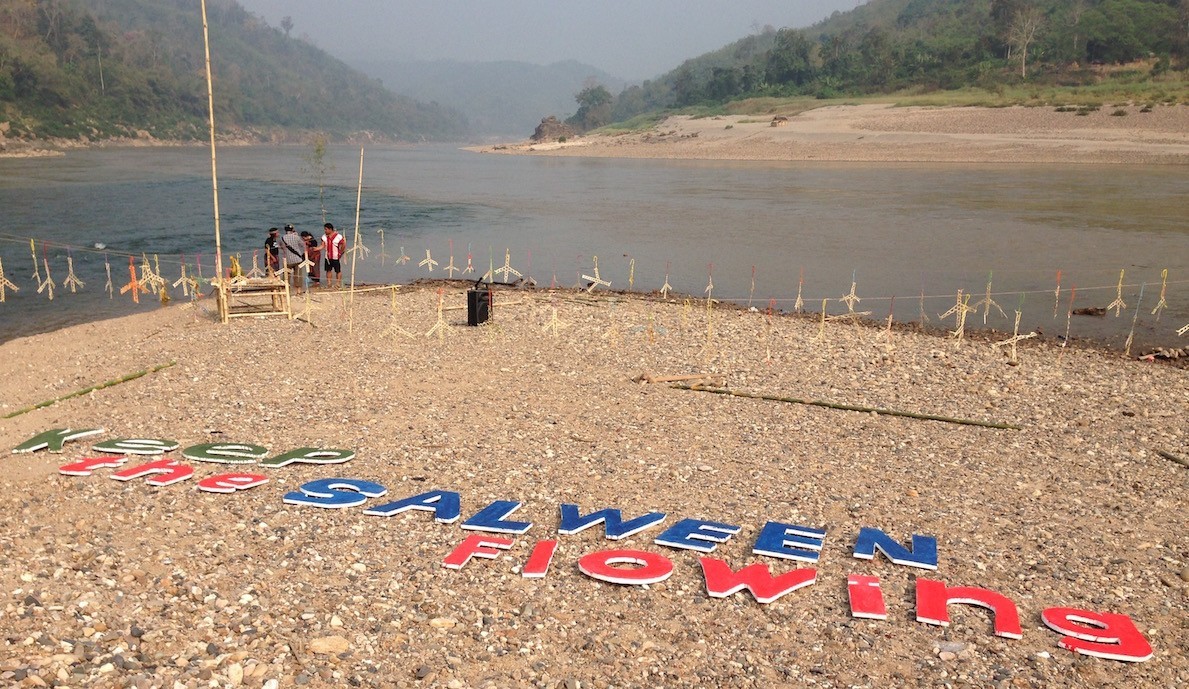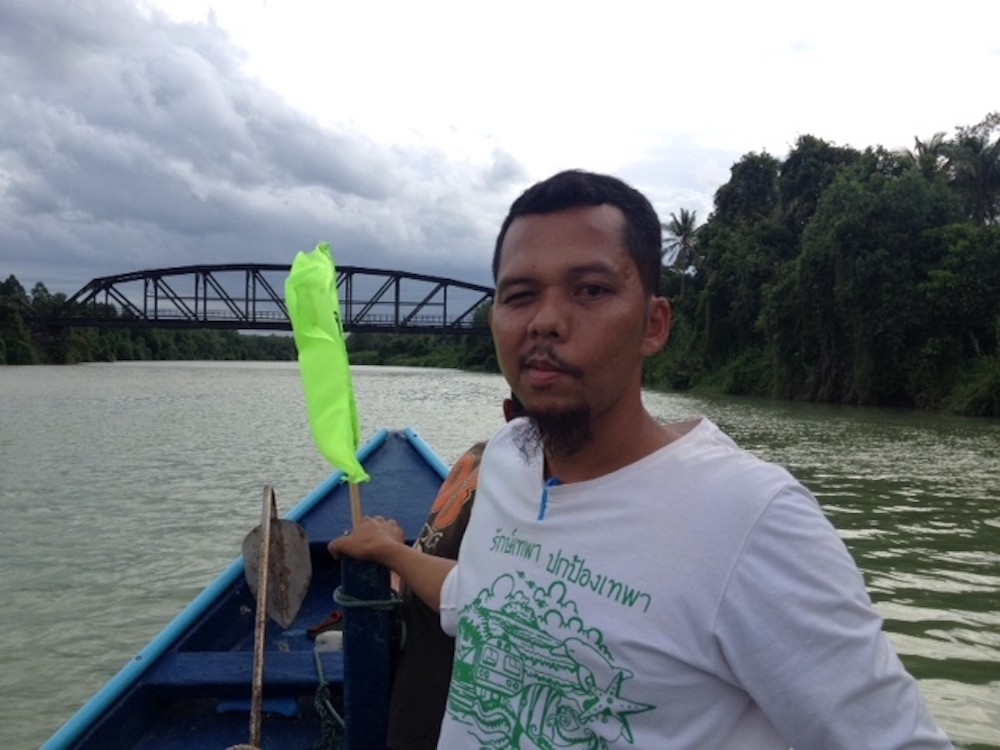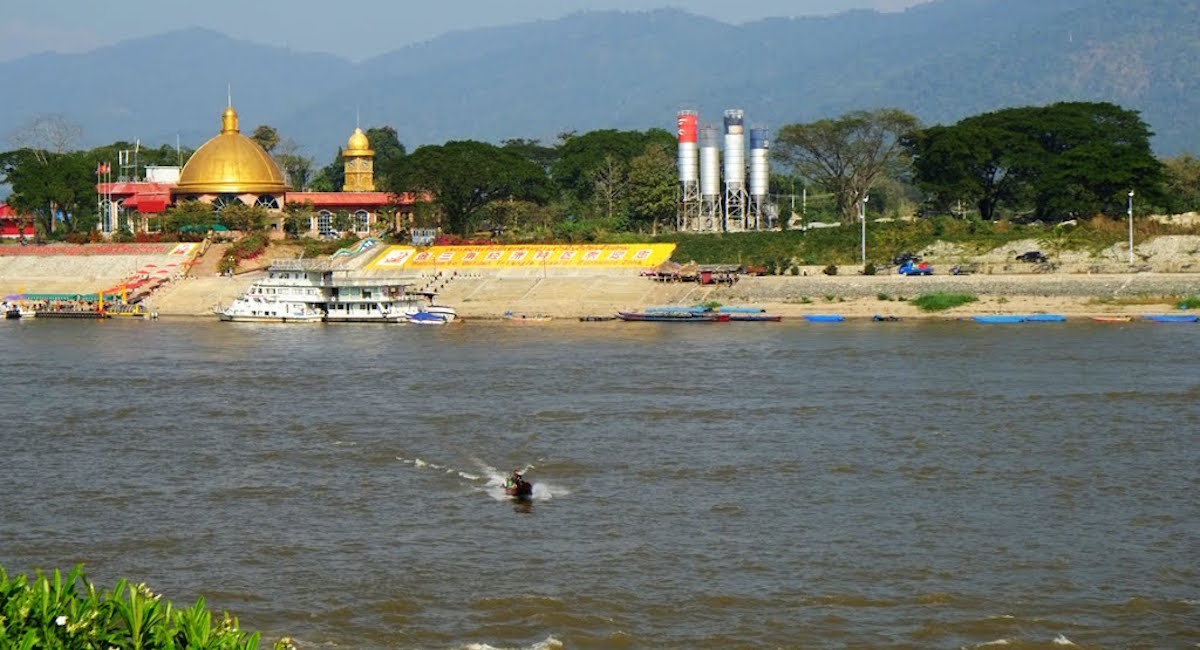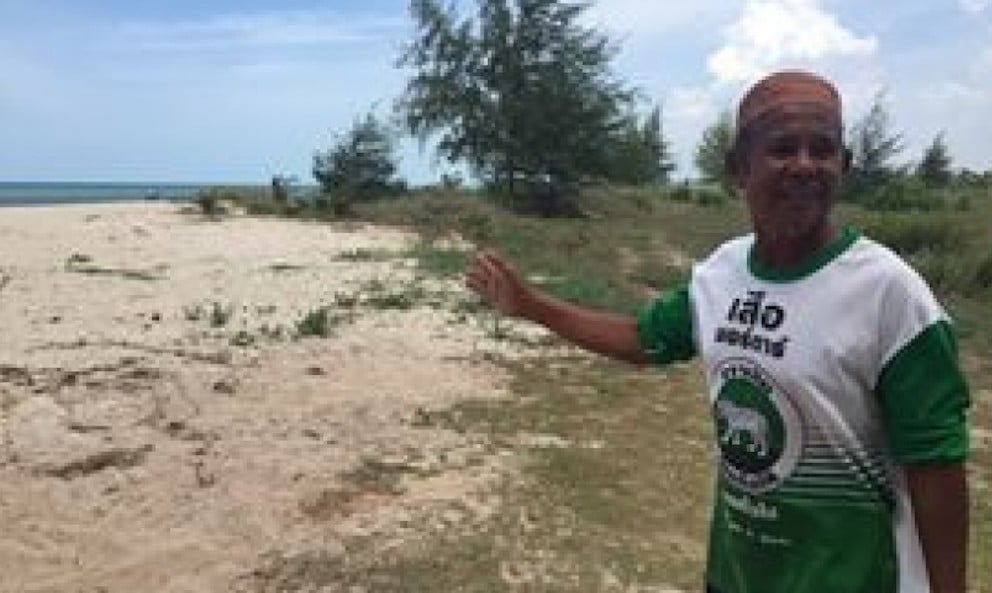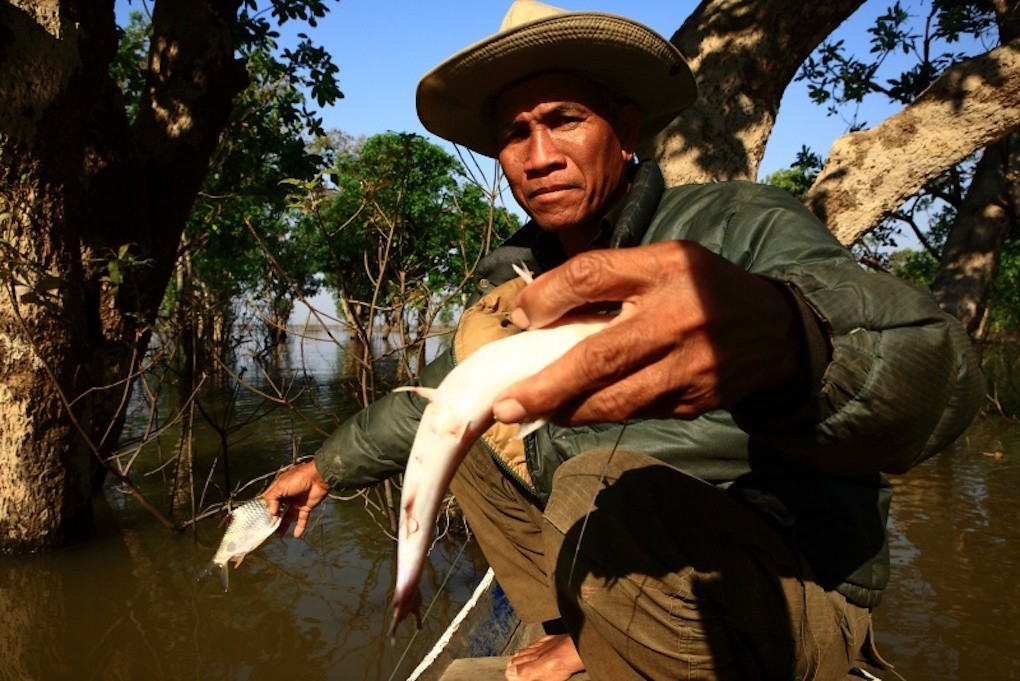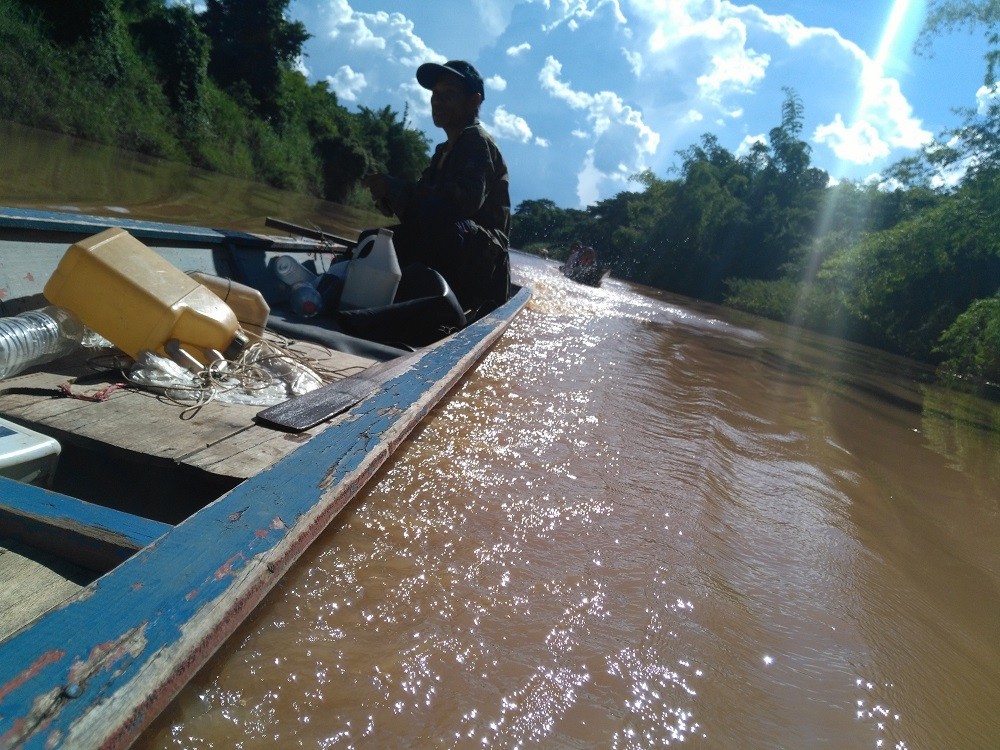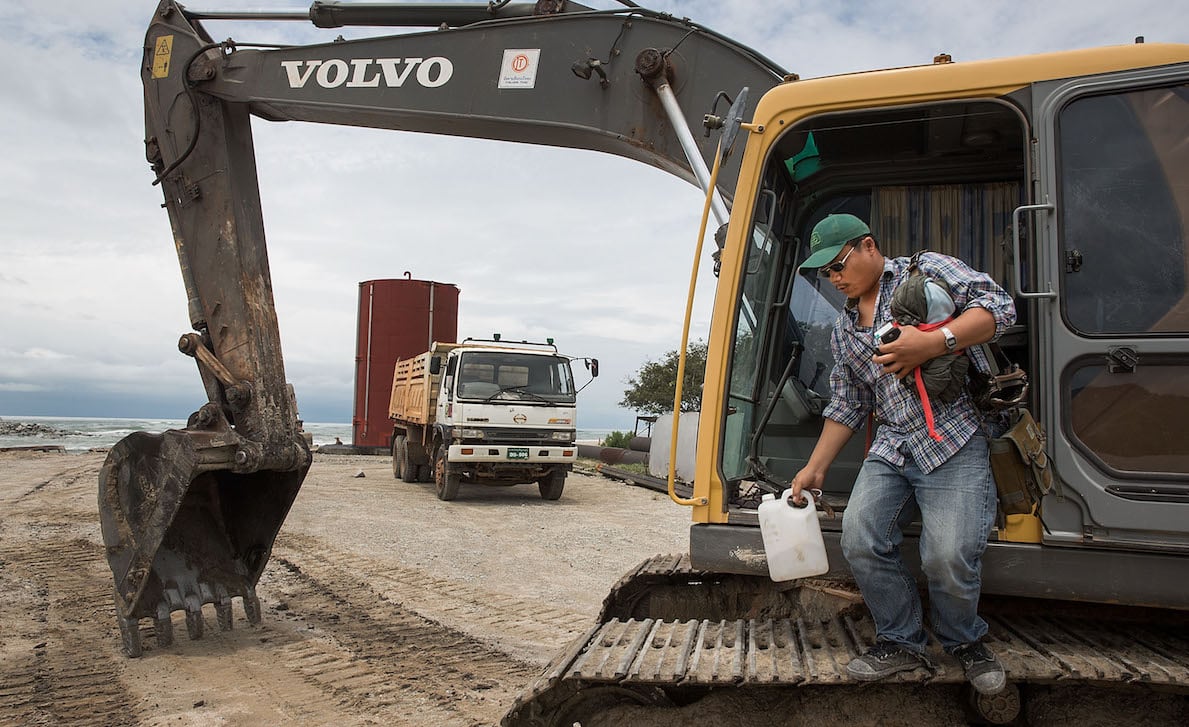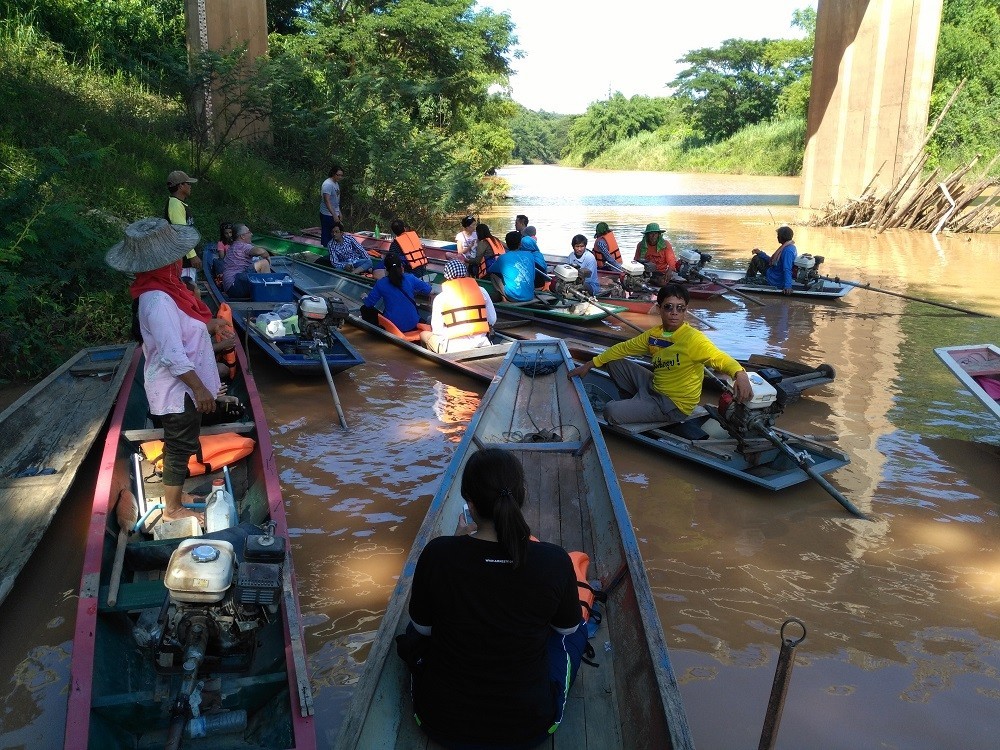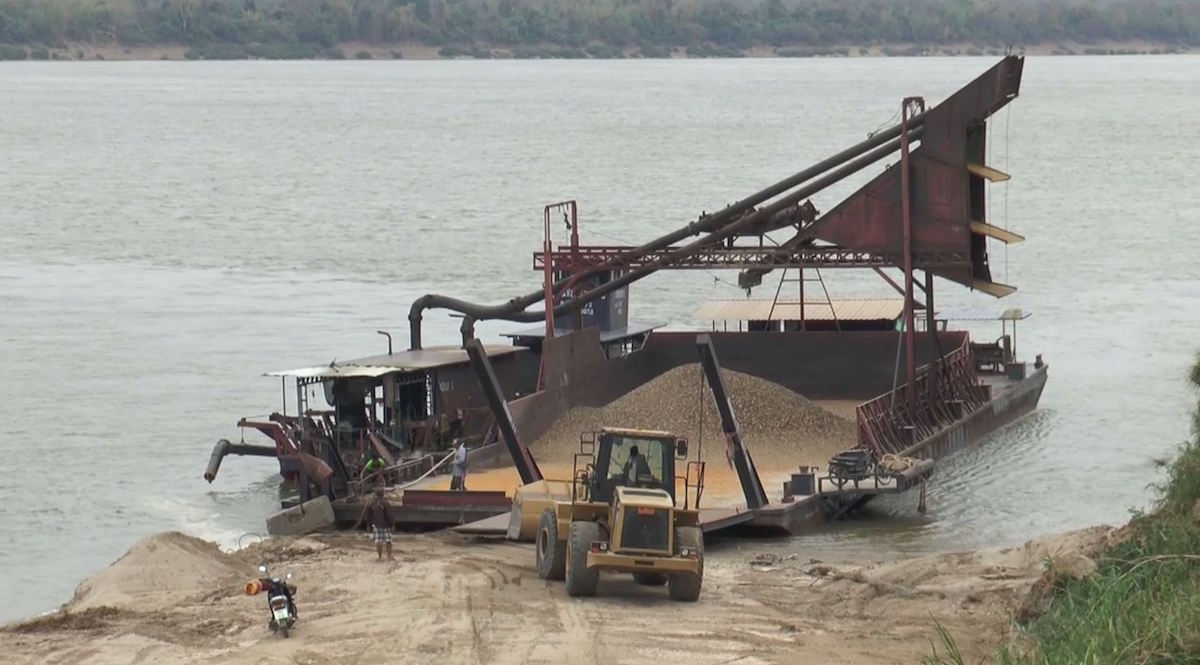The Myanmar government is trying to focus on generating electricity from cost-effective water resources to meet local demand for electricity.
The public does not accept the Myitsone dam project as a way to generate hydroelectric power from the Ayeyawady River, nor does it accept coal-fired power projects. When it comes to gas-fired power projects, gas from the existing projects is not enough for domestic consumption as it is being excessively produced for export purposes. Besides, natural gas has a high production cost.
The Thanlwin River, also called the Salween River, is set to become the next victim. But the public does not accept this either.


